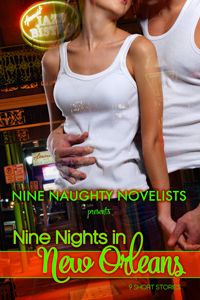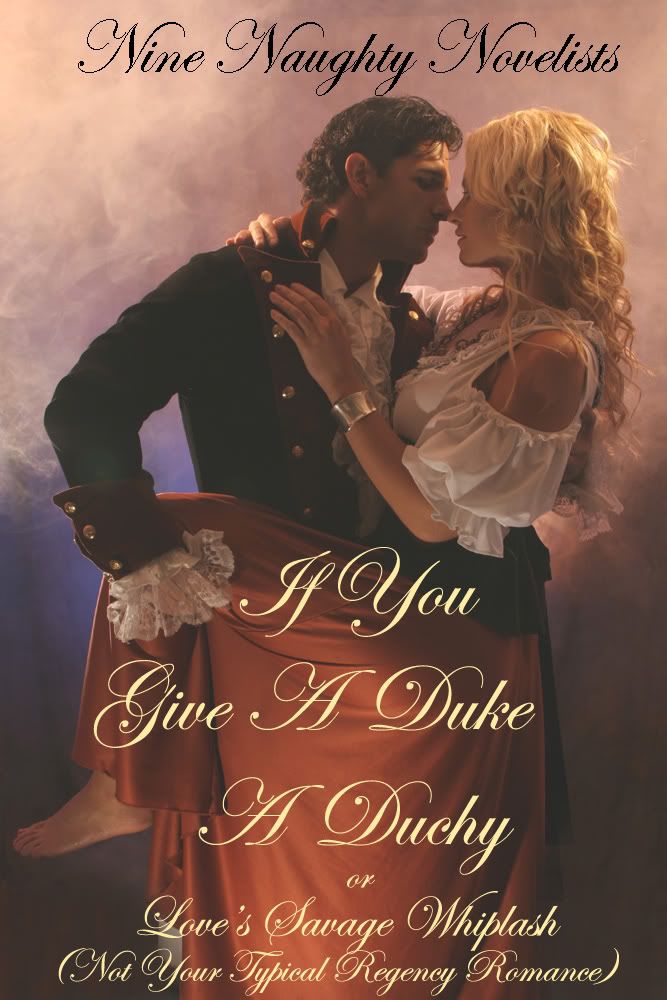I’m both a former English teacher and a former copy editor, a combination that makes me a natural-born grammar jerk, somebody who kvetches about errors in grammar and usage. I can keep my crankiness in bounds most of the time, but there are a few grammatical and usage mistakes that just drive me around the bend. And having access to a blog means I get a chance to vent about mistakes that I’ve been running across in articles and blogs THAT I SHOULDN’T BE SEEING THERE. So cover your ears, girls and boys, here comes another blast from the grammar jerk.
1. Simplistic. The word simplistic does not mean very, very simple. It isn’t a synonym for simple at all. In fact, it means over-simplified and it refers to people who ignore complexities or complications in their explanations. If you use simplistic to describe something, you’re judging it negatively. You wouldn’t call a set of instructions “very simplistic” unless they’re bad. If you actually mean something positive, just say simple. Similarly, the word fulsome does not mean very, very full. It’s another negative word (meaning excessive, particularly excessive praise). If you mean full, just say full.
2. Affect/Effect. Affect is used most frequently as a verb (although psychologists occasionally use it as a noun, in which case it means something rather different). Effect is used most frequently as a noun (although there’s also another, less familiar use as a verb). Confused yet? Don’t be. I’m willing to bet in 90 percent of the cases where you’ll use affect and effect, the former will be a verb and the latter will be a noun. So if you say something like I want to effect the results of the election or The affects of the election will be widespread, you’ve just screwed up. And whatever else you want to say about the election will be disregarded by us grammar jerks.
3. Imply/Infer. This one’s a bitch to keep track of, particularly since it’s the kind of thing grammar jerks like me will come down on you for. In fact, the reason I remember it at all is that I was chastised for screwing it up by the most terrifying professor in my college English department. When you imply something you’re suggesting that it’s so without actually saying it is. So if I say I’ll snarl at anyone who screws this distinction up, I’m implying that I’m a grammar jerk. On the other hand, when you infer something, you’re drawing a conclusion without having an explicit statement to go on. So when I say I’ll snarl at anyone who screws this distinction up, you can infer from that statement that I’m a grammar jerk. I’m guessing most people know what imply means because it’s the more common term. The main thing to remember is that infer means something different—it isn’t just a fancy way of saying imply.
Okay, now I feel better. At least for the moment. Sorry for intruding on your day with my picky criticisms.
Oh for Pete’s sake, did she really just write, “It's alright?” Ah geez, here we go again.…
All right (alright?), all you grammar jerks, I give you leave to vent. What are the mistakes that drives you bonkers?
Monday, June 11, 2012
Subscribe to:
Post Comments (Atom)



















12 comments:
"Could of"
OMG that one drives me nuts. I know it's because people hear the contraction "could've" and think it's an "of" but it's HAVE people! Could HAVE!
(I used to teach grammar too.)
There are two things that drive me nuts:
1) People who qualify the word unique. You either are or are not. You can't be "very unique" or "kinda unique". I explain to people that it's like being pregnant: you are or you aren't, there is no in between.
2) I think this is a regional thing - I've encountered it in Michigan. People who end a question with the word at. As in, "Walmart? Where's that at?" or "Where is your house at?" Gah! It makes me want to scream.
Whew. I feel better now.
LOL!!! Love your post, Meg--there are all kinds of mistakes that drive me bonkers! Either I'm getting crankier about word-misuse/abuse or people are getting sloppier about figuring out what things mean before trying to say them :(
I'm not sure I can narrow it down to a few mistakes--I think what makes me crazy is that clearly there is a right/wrong way to use the word/punctuation, and it seems sloppy and irresponsible to go about it willy-nilly rather than doing it properly.
Boy... I sound like a real jerk, don't I? ;p
The teacher tried to explain Shakespeare, but it came off as very simplistic and rudimentary. I tried to explain that Shakespeare cannot be summed up in a simple paragraph or statement. I added that doing so would affect the students’ learning and the effect would alter their perception of his meaning and purpose. It would imply that Shakespeare can be easily read and understood by anyone, whereas most people can only infer very little of his intended meaning. Shakespeare is full of artistic merit and talent. The teacher’s fulsome insistence that it can be simplified is unacceptable. Got it? All right!!!
(Yes, I had help with this. :p)
Ah, Kim, you showoff!
I'm no teacher nor an expert but I also dislike grammatical or spelling errors. even more if they use their/there, than/then, etc. it's so ANNOYING.
blog: Arianne Cruz
it's vs its. It drives me absolutely nuts when people mix them up.
I've been called a comma cop, but come on! Did everyone skip school that day? Nothing stops me faster than trying to read (usually a poorly edited) e-book with commas in the middle of every other sentence.
Kog: The unique thing drives me nuts, too.
I have an apostrophe thing. I'm always amazed at how many supposedly literate adults abuse the apostrophe. One town in England was considering eliminating apostrophes on all official signage and in municipal documents because no one was ever certain how to use them correctly. Outrageous!
All of those! I also am annoyed by stationary and stationery.
Kelly, a teacher once told me to think "stationery" and "paper" since both have "er".
I keep seeing writers misuse the word "bemuse." It isn't a synonym for "amuse," as I think they think it is. The bemused person is bewildered, not having a private chuckle.
Post a Comment